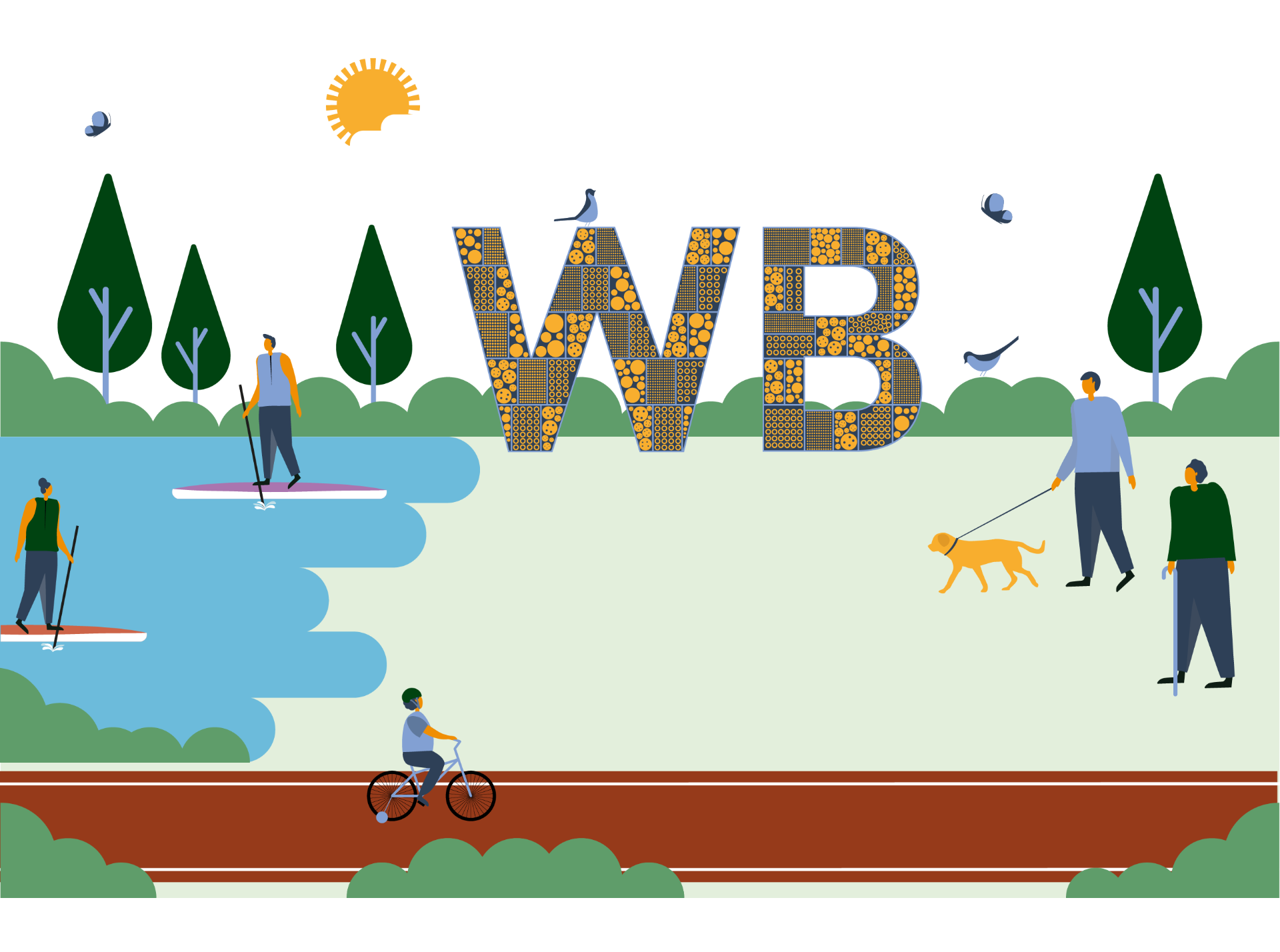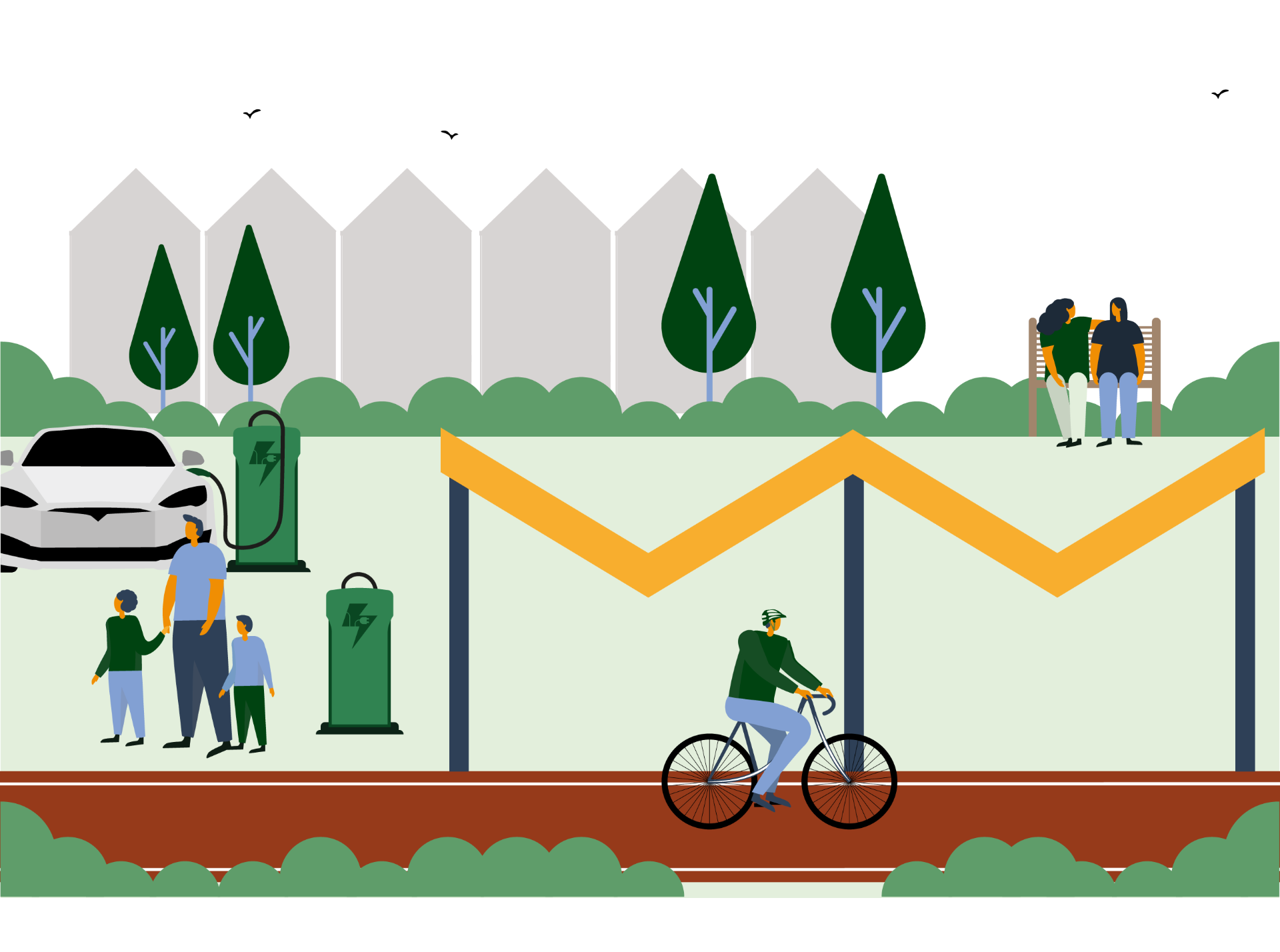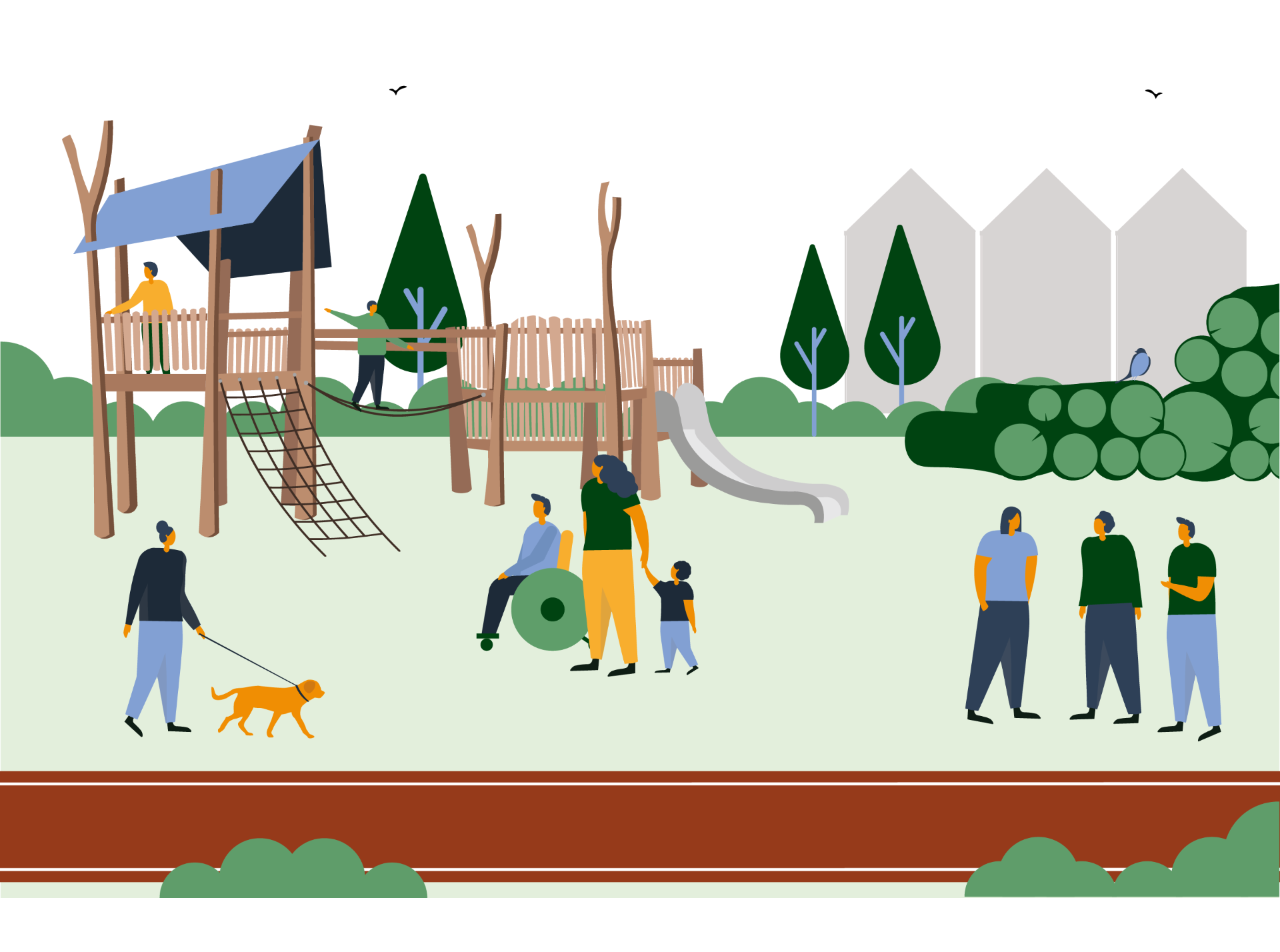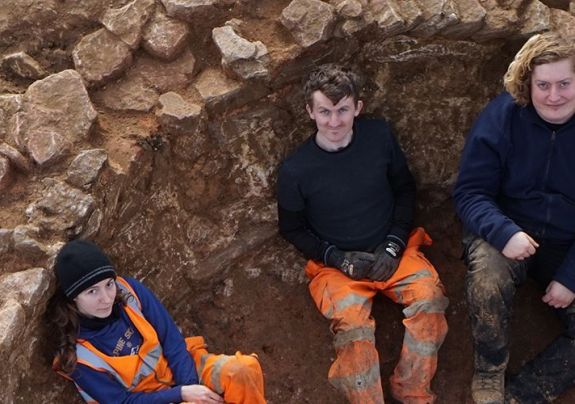Archaeologists have made a unique discovery that sheds light on Priors Hall Park’s manufacturing roots from 1,700 years ago.
Urban&Civic teamed up with Oxford Archaeology East to undertake the excavation, which has discussed a vibrant and detailed picture of what life was like for Corby’s late Roman occupants unearthing a clearly defined entrance road to a villa, various types of kilns as well as large-scale quarrying facilities and a host of coins and intriguing artefacts.
The find illuminates Corby’s industrial history and the often-overlooked aspects of rural life during the Roman period in Britain. The discoveries go beyond finding buildings that were previously here, and allow us to understand how they were constructed and the materials and skills required to build them.
The rest of the finds include coins, animal bone, pottery and metal items, including jewellery and tools which give a rare insight into the lives of the estate workers as opposed to the villa owner.
With much of the excavation taking place with Covid restrictions in place, next year will focus on bringing the findings to life within the local community, including our schools. Our heritage management plan will ensure that the history is not only preserved locally, but also communicated to our residents so they can feel proud to be part of the long standing community to be living on this site.
The excavation of approximately 5.5 hectares has revealed one of the most significant Roman landscapes in Northamptonshire. While geophysical survey and archaeological trial trenches had shown that important archaeology was present at Priors Hall, the quantity and significance of the finds was surprising. A substantial Roman temple-mausoleum, two tile kilns, seven pottery kilns and the best preserved Roman road in Northamptonshire. Priors Hall has the potential to change current understanding of Roman activity in the East Midlands, while also demonstrating the continuity of iron and steel working to Corby from 100BC to the present day.”
NICK GILMOUR
Senior Project Manager at Oxford Archaeology East





